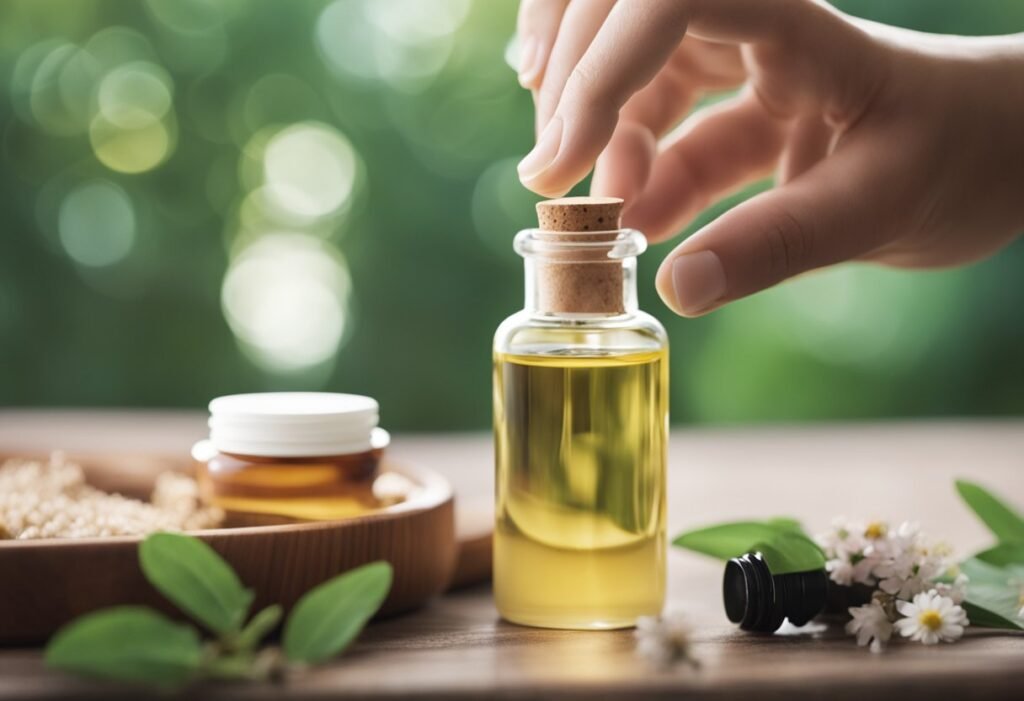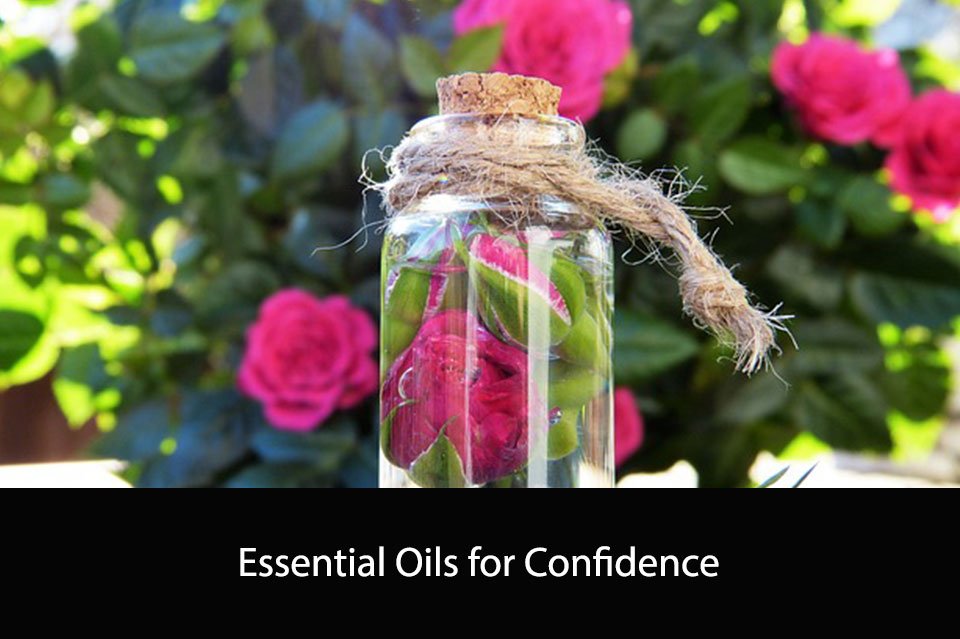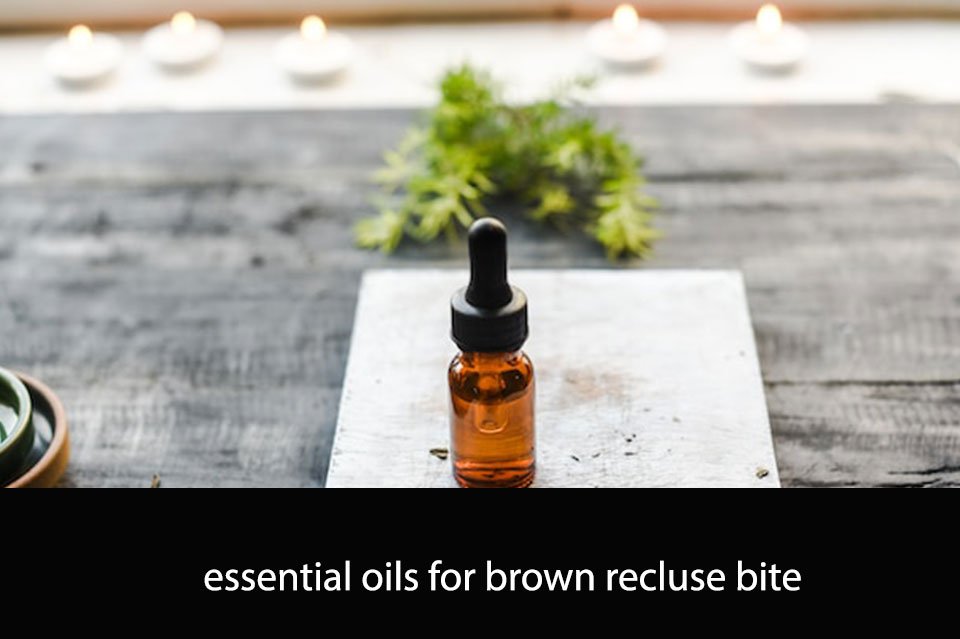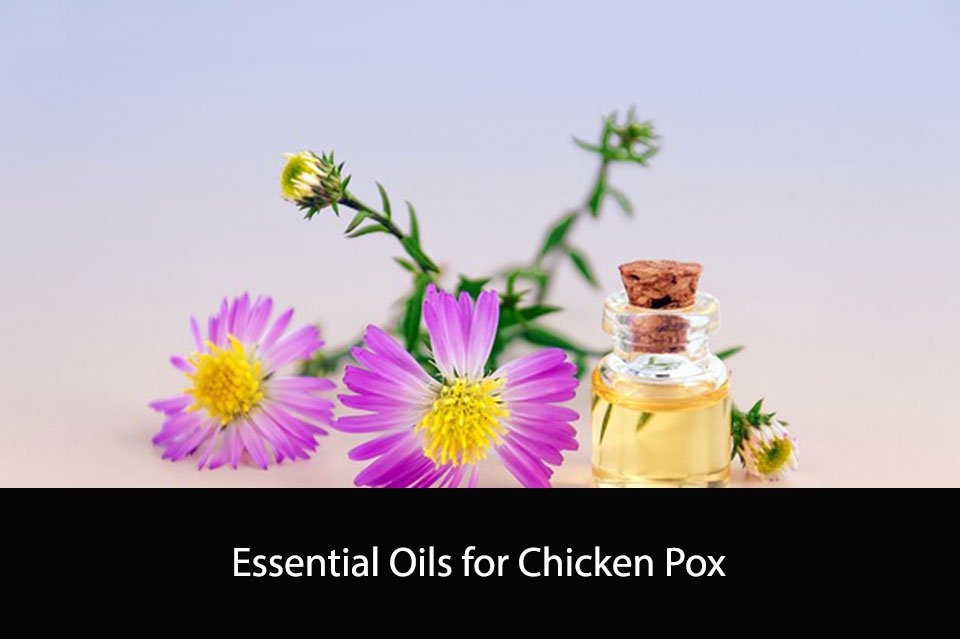Essential oils have been used for centuries to treat a variety of ailments, including skin conditions such as itchiness. Itching can be caused by a range of factors, from insect bites to allergic reactions, and can be a frustrating and uncomfortable experience. Essential oils are a natural and effective way to alleviate itchiness and soothe irritated skin.
One of the most popular essential oils for itch relief is lavender oil. Lavender oil has anti-inflammatory and analgesic properties that can help reduce swelling and pain associated with itching. It also has a calming effect on the skin, making it an excellent choice for those with sensitive or inflamed skin.
Another essential oil that can be effective for itch relief is peppermint oil. Peppermint oil has a cooling sensation that can help soothe the skin and reduce inflammation. It also has antiseptic properties that can help prevent infection in areas where the skin has been broken due to scratching. However, it is important to note that peppermint oil should be used with caution, as it can be irritating to some people’s skin.
Understanding Essential Oils

Essential oils have been used for centuries for their therapeutic benefits. They are highly concentrated plant extracts that are obtained through various extraction methods. In this section, we will discuss the origins and extraction of essential oils, as well as their properties and benefits.
Origins and Extraction
Essential oils are derived from various parts of plants, such as leaves, flowers, roots, and bark. The extraction process involves steam distillation, cold pressing, or solvent extraction. Steam distillation is the most common method used to extract essential oils, where steam is passed through the plant material to release the volatile oils.
Cold pressing is another method used to extract essential oils from citrus fruits. The oils are obtained by pressing the rind of the fruit, which contains the essential oils. Solvent extraction is used for delicate flowers, where solvents are used to extract the oils.
Properties and Benefits
Essential oils have various properties that make them useful for treating different conditions. They have antifungal, antibacterial, and anti-inflammatory properties that can help alleviate itching. Some of the essential oils that are effective for itch include tea tree oil, lavender oil, peppermint oil, and chamomile oil.
Tea tree oil is effective in treating fungal infections and insect bites, while lavender oil has anti-inflammatory properties that can help soothe irritated skin. Peppermint oil has a cooling effect that can help relieve itching, and chamomile oil has anti-inflammatory properties that can help reduce redness and inflammation.
In conclusion, essential oils have been used for centuries for their therapeutic benefits. They are highly concentrated plant extracts that are obtained through various extraction methods. Essential oils have various properties that can help alleviate itching, such as antifungal, antibacterial, and anti-inflammatory properties. Tea tree oil, lavender oil, peppermint oil, and chamomile oil are some of the essential oils that are effective for itch.
Best Essential Oils for Itch Relief

When it comes to relieving itch, essential oils can be a natural and effective solution. Here are some of the best essential oils for itch relief:
Tea Tree Oil
Tea tree oil has anti-inflammatory and antimicrobial properties that can help soothe itchy skin. It can also help reduce redness and inflammation caused by insect bites and other skin irritations. To use tea tree oil for itch relief, mix a few drops with a carrier oil like coconut oil and apply it to the affected area.
Peppermint Oil
Peppermint oil has a cooling effect that can help relieve itching and soothe irritated skin. It can also help reduce inflammation and redness. To use peppermint oil for itch relief, mix a few drops with a carrier oil and apply it to the affected area.
Chamomile Oil
Chamomile oil has anti-inflammatory and antihistamine properties that can help reduce itching and inflammation caused by allergies and other skin irritations. It can also help soothe and calm the skin. To use chamomile oil for itch relief, mix a few drops with a carrier oil and apply it to the affected area.
Lavender Oil
Lavender oil has a calming and soothing effect that can help relieve itching and irritation. It can also help reduce inflammation and promote healing. To use lavender oil for itch relief, mix a few drops with a carrier oil and apply it to the affected area.
Overall, essential oils can be a natural and effective solution for relieving itch. However, it’s important to remember to always dilute essential oils with a carrier oil before applying them to the skin, and to do a patch test first to make sure you’re not allergic or sensitive to the oil.
How to Use Essential Oils for Itch

If you’re looking for a natural way to relieve itch, essential oils can be a great option. Here are some ways to use essential oils for itch:
Topical Application
One way to use essential oils for itch is through topical application. You can mix a few drops of essential oil with a carrier oil such as coconut or jojoba oil and apply it directly to the affected area. Some essential oils that are good for itch relief include peppermint, lavender, tea tree, and chamomile.
Aromatherapy
Another way to use essential oils for itch is through aromatherapy. You can add a few drops of essential oil to a diffuser or a bowl of hot water and inhale the steam. This can help to calm your mind and body, and reduce the sensation of itch.
Dilution and Safety Precautions
It’s important to remember that essential oils are highly concentrated and should always be diluted before use. A good rule of thumb is to use no more than 3-5 drops of essential oil per tablespoon of carrier oil. It’s also important to do a patch test on a small area of skin before using any new essential oil to make sure you don’t have an allergic reaction.
In addition, some essential oils may not be safe for use during pregnancy or for people with certain medical conditions. Always consult with a healthcare professional before using essential oils for itch or any other health condition.
In summary, essential oils can be a natural and effective way to relieve itch. By using them topically or through aromatherapy, and following proper dilution and safety precautions, you can enjoy the benefits of essential oils for itch relief.
Complementary Natural Remedies
When dealing with itch, essential oils can be a great natural solution. However, they can also be complemented with other natural remedies to increase their effectiveness. Here are a few options:
Aloe Vera
Aloe vera is a well-known plant that has been used for centuries to treat various skin conditions, including itch. It contains anti-inflammatory and antimicrobial properties that can help soothe and heal irritated skin.
To use aloe vera for itch, simply break off a leaf and apply the gel directly to the affected area. You can also find aloe vera gel in many drugstores and health food stores.
Oatmeal Baths
Oatmeal is another natural remedy that can help relieve itch. It contains anti-inflammatory compounds that can reduce redness and irritation. Taking an oatmeal bath can also help moisturize the skin, which can be especially beneficial for dry, itchy skin.
To take an oatmeal bath, simply grind one cup of plain, uncooked oatmeal into a fine powder and add it to your bathwater. Soak in the oatmeal bath for at least 15-20 minutes to get the full benefits.
Cold Compresses
Cold compresses can also be helpful for reducing itch and inflammation. The cold temperature can help numb the area and reduce swelling.
To use a cold compress, simply wrap a few ice cubes in a towel and apply it to the affected area for 10-15 minutes at a time. Be sure to take breaks in between applications to prevent skin damage.
By combining these complementary natural remedies with essential oils, you can create a powerful arsenal to combat itch and promote healthy, glowing skin.
When to Seek Medical Advice

If you are experiencing persistent or severe itching, it is important to seek medical advice. This is especially true if you have tried using essential oils for itch relief and have not seen any improvement in your symptoms.
Additionally, if you have any underlying medical conditions, such as diabetes or liver disease, it is important to consult with your healthcare provider before using essential oils for itch relief. Some essential oils can interact with certain medications or exacerbate certain medical conditions.
If you experience any of the following symptoms along with your itching, it is important to seek medical attention immediately:
- Swelling or redness around the affected area
- Difficulty breathing or swallowing
- Dizziness or fainting
- High fever
Remember, while essential oils can be a helpful tool for managing itch, they are not a substitute for medical treatment. If you are unsure whether your symptoms warrant medical attention, it is always better to err on the side of caution and consult with your healthcare provider.
Frequently Asked Questions
What natural remedies are effective for relieving itchy skin?
There are several natural remedies that can help relieve itchy skin. Some effective options include oatmeal baths, aloe vera gel, and chamomile tea compresses. Additionally, essential oils such as lavender, peppermint, and eucalyptus have anti-inflammatory properties that can help soothe and calm irritated skin.
How can I create a homemade anti-itch blend using essential oils?
To create a homemade anti-itch blend using essential oils, mix 2-4 drops of lavender, peppermint, and tea tree oil with a carrier oil such as coconut or almond oil. Apply the mixture to the affected area and gently massage it into the skin. This blend can be used for various types of skin irritations, including insect bites, rashes, and dry skin.
Which essential oils are recommended for soothing an itchy scalp?
Tea tree oil and peppermint oil are both excellent choices for soothing an itchy scalp. These oils have natural antifungal and antimicrobial properties that can help reduce inflammation and irritation. To use, mix a few drops of the oil with a carrier oil and massage it into the scalp. Leave the mixture on for a few minutes before rinsing it out with warm water.
Are there specific essential oils that help alleviate itching from hives?
Yes, there are several essential oils that can help alleviate itching from hives. Lavender oil, peppermint oil, and chamomile oil are all effective options. Simply mix a few drops of the oil with a carrier oil and apply it to the affected area. Be sure to avoid scratching the hives, as this can make the itching worse.
What are the best practices for using tea tree oil to treat skin itchiness?
When using tea tree oil to treat skin itchiness, it’s important to dilute the oil with a carrier oil before applying it to the skin. This will help prevent irritation and sensitivity. Additionally, tea tree oil should not be used on broken or inflamed skin, as this can cause further irritation. Always do a patch test before using tea tree oil for the first time.
Can essential oils be used to address itchy feet, and if so, how?
Yes, essential oils can be used to address itchy feet. Peppermint oil and tea tree oil are both effective options. Simply mix a few drops of the oil with a carrier oil and apply it to the feet, focusing on the areas that are particularly itchy. Wear socks to keep the oil in place and avoid slipping.





